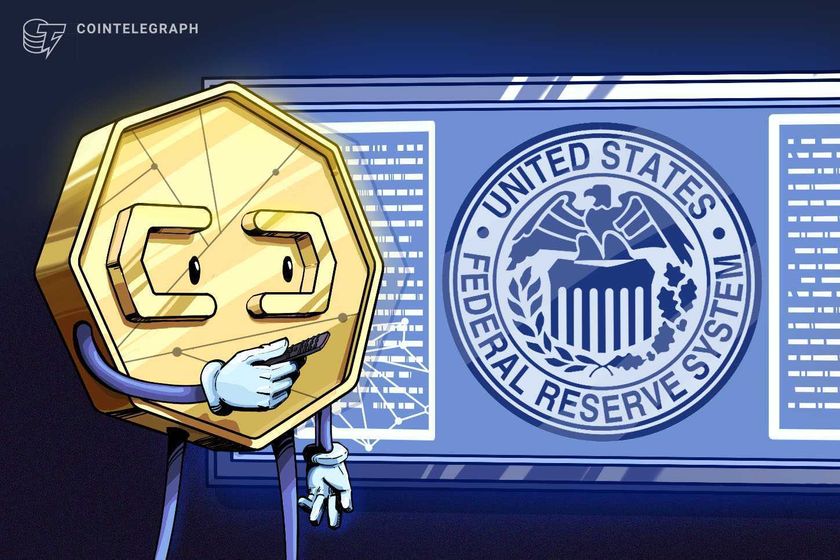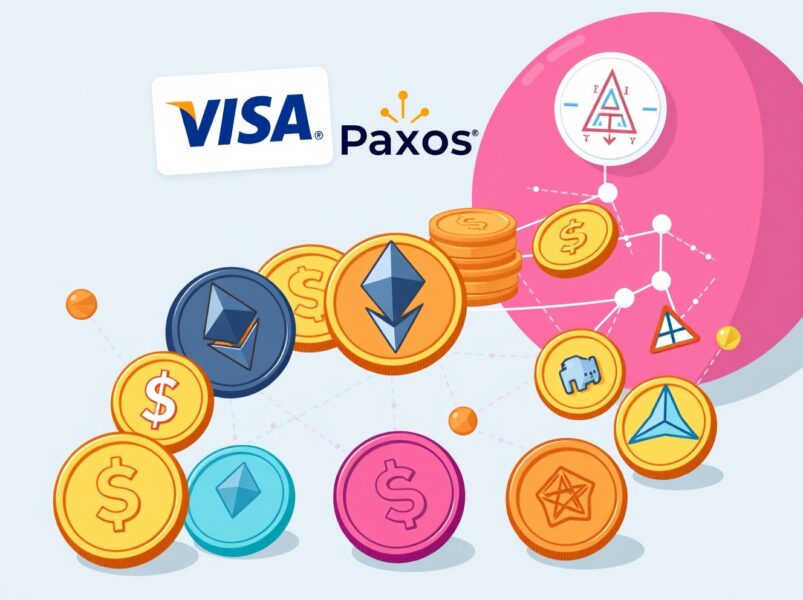The U.S. has approved the first Nvidia chip exports to the UAE. The Bureau of Industry and Security of the Department of Commerce granted export licenses in accordance with a bilateral AI agreement signed in May.
Bloomberg reported that the U.S. Commerce Department is “fully committed” to the transformational U.S.-UAE AI partnership deal. Another U.S. official also revealed that the approval was granted after the UAE made concrete plans for a reciprocal amount of investment on American soil.
According to the report, the approval comes as the UAE pushes to accelerate AI adoption across government and business as part of the UAE Vision 2031. The AI adoption seeks to position the country among the world’s most advanced digital economies.
U.S. and UAE forge landmark AI partnership
Earlier this year, the UAE and U.S. governments agreed to establish the U.S.-UAE AI Acceleration Partnership, a framework to bolster cooperation around critical technologies. The partnership included the establishment of a 5-gigawatt AI Campus.
The UAE-U.S. AI campus was unveiled during Trump’s May trip to the Emirates, when he announced a partnership worth more than $200 billion between the United States and the United Arab Emirates. A White House report emphasized that $1.4 trillion investment framework upon which the trade accords are based will help the United States expand its manufacturing, including semiconductors, energy, quantum computing, biotechnology, and artificial intelligence infrastructure.
The White House report strengthened bilateral investment partnerships, ensuring U.S. security interests and dominance in AI while extending the American tech stack to a strategic partner.
U.S. President stated that the United States and the United Arab Emirates had reached an agreement on a framework that would enable Abu Dhabi to acquire AI processors from the United States. Large tech companies, such as Nvidia, were expected to produce the processors.
On October 3, Cryptopolitan reported that from 2025 to 2027, the UAE committed to investing in the U.S. in return for up to 500,000 AI chips per year. The agreement stipulated that the UAE would invest $1 billion in U.S.-based initiatives to construct and fund data centers for training AI models.
In exchange, Nvidia will export $7 billion worth of processors. The tech firm will export most of the processors to American businesses operating in the Middle East.
UAE strengthens global AI ties with Stargate launch
Nvidia established a joint lab devoted to AI and robotics last month with Abu Dhabi’s Technology Innovation Institute, the research division of Abu Dhabi’s Advanced Technology Research Council. The partnership will develop robotics platforms, humanoid technologies, and next-generation AI models that will drive innovation across various sectors.
In May, the Abu Dhabi AI company G42 joined forces with OpenAI, Oracle, Nvidia, and the SoftBank Group to establish Stargate UAE, the world’s largest AI data center, as part of a global network of data centers connected to OpenAI.
According to the G42 company, OpenAI and Oracle will operate Stargate UAE. Nvidia will provide the latest Grace Blackwell GB300 systems, while SoftBank Group and Cisco will deliver zero-trust security and AI-ready connectivity. The facility will produce AI that meets the expectations of an increasingly intelligent world by offering low-latency inference, nation-scale compute, and best-in-class infrastructure.
G42 emphasized that the first 200-megawatt AI cluster is anticipated to be operational in 2026.
Peng Xiao, Group CEO of G42 said, “The launch of Stargate UAE is a significant step in the UAE–U.S. AI partnership.” Xiao added that the establishment of Stargate UAE is about building a bridge rooted in trust and ambition that helps bring the benefits of AI to economies, societies, and people worldwide.
Sharpen your strategy with mentorship + daily ideas – 30 days free access to our trading program
Source: https://www.cryptopolitan.com/u-s-approves-initial-nvidia-chip/



